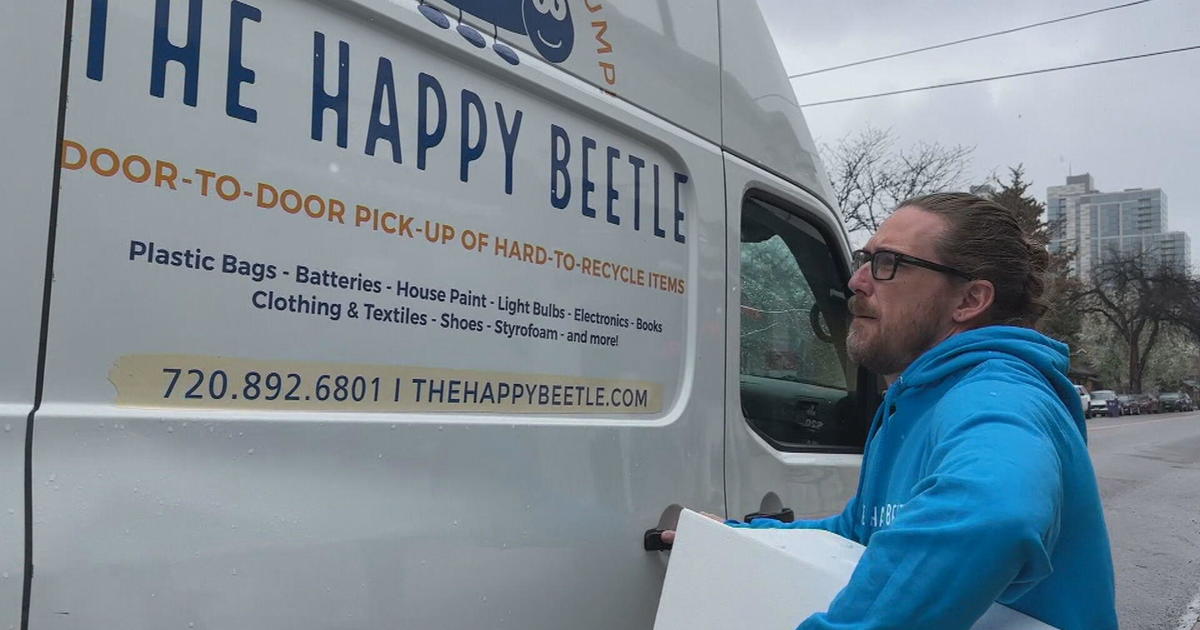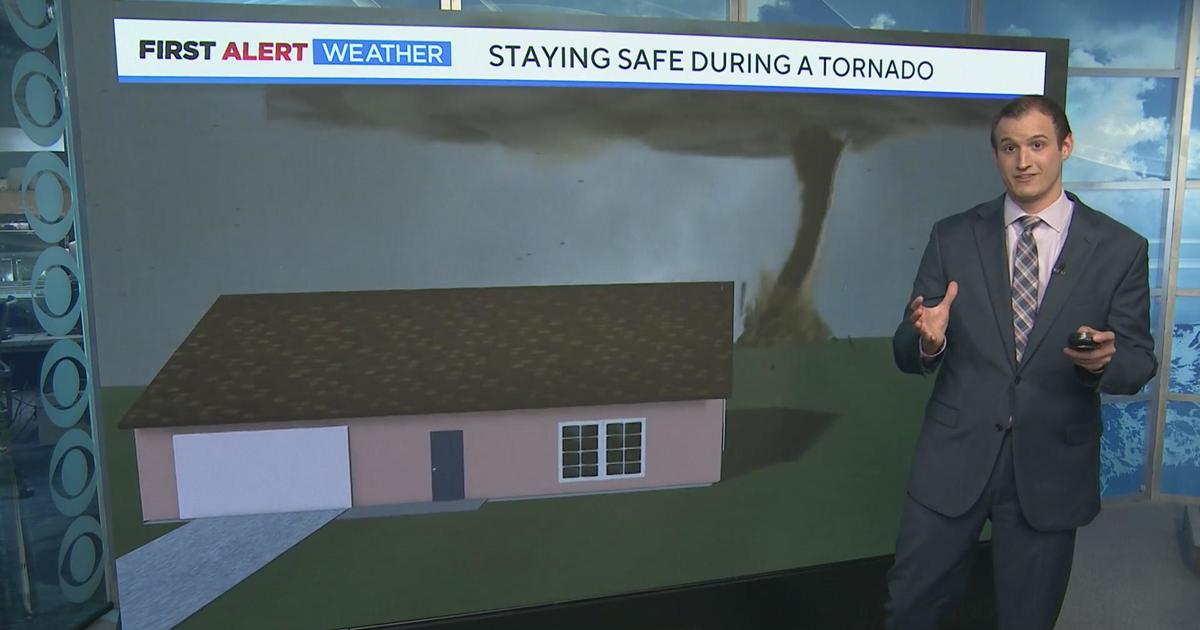Are We Getting You Hooked On Pain Pills?
By Dr. Dave Hnida
(CBS4) -This past year, doctors wrote so many prescriptions for narcotic pain medications, that every single American could have a popped a pain pill--- every 4 hours--- every day---- for an entire month. That's a lot of drugs.
Are we too quick to pull out the prescription pad for seemingly every ache and pain that comes through the exam room door? It sure seems that way.
And people are dying because of it. The number of people not waking up because of an OD from prescribed narcotic medication has shot up 400% since 2002. That's because we are prescribing more narcotics than ever before.
Now certainly, there are people who need to take these powerful drugs, but frankly, physicians need a refresher course in keeping patients from getting hooked on drugs, especially for non-terminal conditions such as arthritis, back pain, fibromyalgia, and so forth.
That's why the CDC has issued new guidelines for the proper prescribing of pain medications such as Vicodin, Percocet, and Oxycontin.
Here's the bottom line of the guidelines given to docs, particularly primary care physicians:
Narcotics are not a good idea in most cases of chronic pain. Other meds such as Tylenol type drugs and ibuprofen are the first go-to drugs to consider. I know a lot of people say these are only OTC meds—and not effective—but when used properly can go a long way to help ease pain.
Narcotics may be appropriate for patient in acute situations, such as for a patient in the emergency department who comes in with a newly broken ankle.
If needed, we should prescribe for perhaps 3 days---no longer than seven in acute situations—except in rare cases such as after certain surgeries.
We need to make sure you are doing other things to help ease your pain, such as physical therapy or exercise.
TENS units and other devices may also help ease lessen the need for meds.
If a doctor prescribes a narcotic, the best is a short acting product. For example, when oxycontin came out it was touted as less addictive, in part, because it is long acting. But that's not the case by any means. You can get hooked on it just as easily as the other meds
If a person has a chronic condition---meaning more than seven days-- such as post accident, surgical pain, nerve pain, cancer, endometriosis, or are in palliative care, use a pain specialist if possible. He/she will work with a patient for long term safety and effectiveness with narcotics.
You may have to sign a "pain contract," meaning you will not doctor shop, and you will follow a strict but flexible schedule for medication use. If you do not have a condition such as cancer, the doctor may even ask you to submit a urine sample for a drug test to make sure you are taking only the medications prescribed…or you are not giving the medications to others (and not taking them yourself).
And we should use something called the PDMP. What's that? It's a prescription drug database that tells us every narcotic a patient has been prescribed. It's not unusual for me to see a new patient saying they need Percocet---yet when I look them up, I learn they are already getting it from multiple doctors. I'm not happy when this happens.
Bottom line is we have a drug problem in America. A legal drug problem. And, yes, there are people who really do need to take narcotics on a long term basis—we should be prescribing them to ease their pain.
Yet there are hundreds of thousands who do not. And we need to do a better job making sure that we prescribe only when we should prescribe. And then closely monitor what we are doing.
Now doctors don't like being told what to do. And there are people who say the only thing that will help is a powerful narcotic. So these guidelines are not necessarily popular. But we need to practice good medicine.
These guidelines are a good idea.
For more information: http://www.cdc.gov/drugoverdose/prescribing/patients.html
Dr. Dave Hnida is CBS4's Medical Editor. He blogs about the latest studies and trends in the health world. Read his latest blog entries, check out his bio or follow him on Twitter @drdavehnida



